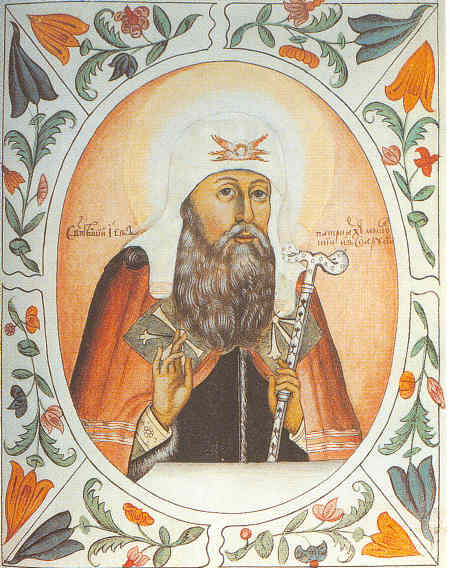 As a protestant within the Reformed Church Tradition, I find that I and everyone around me are largely ignorant about Eastern Orthodoxy, and hardly know the differences between Eastern Orthodoxy and Roman Catholicism. If asked, most will reply the filioque, icon veneration, the Great Schism, episcopalian government without a pope, and lots of guys dressed like Darth Vader in Russia, and an emphasis on tradition over developing theological works.
As a protestant within the Reformed Church Tradition, I find that I and everyone around me are largely ignorant about Eastern Orthodoxy, and hardly know the differences between Eastern Orthodoxy and Roman Catholicism. If asked, most will reply the filioque, icon veneration, the Great Schism, episcopalian government without a pope, and lots of guys dressed like Darth Vader in Russia, and an emphasis on tradition over developing theological works.
I've been interested in Eastern Orthodoxy more recently after attending a Florovsky Society conference at Princeton, and intersted in Dumitru Staniloae in particular after a lecture on Staniloae by Radu Bordeianu. I had attempted to read Fr. Georges Florovsky, but since all of his works are out of print and too expensive to purchase, I found Staniloae's recently translated The Dogmatic Orthodox Theology the most recent and accessible Eastern Orthodoxy Theological work available to me. So I've been reading through Staniloae's dogmatics to engage Eastern Orthodoxy on its own terms from one of its recent authorities since I'm unaware who are the Eastern Orthodox authoritative theologians.
Dumitru Staniloae wrote a three volume dogmatic that has been subdivided into six volumes in the recent English translation and retitled, "The Experience of God." (Mostly since dogmatics is a dirty word to Westerners.) I've read the first two English volumes, which corespond to volume one of the Dogmatic Orthodox Theology, and have found the following theologians consistently appealed to throughout the first two books, listed in the following order of importance based on frequency of quotations:
I've attached links to online texts for each of these men.



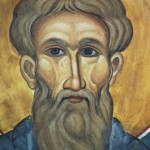

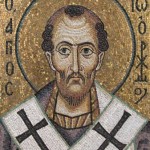
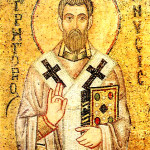
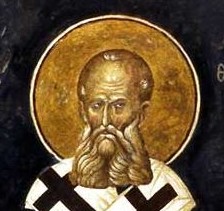
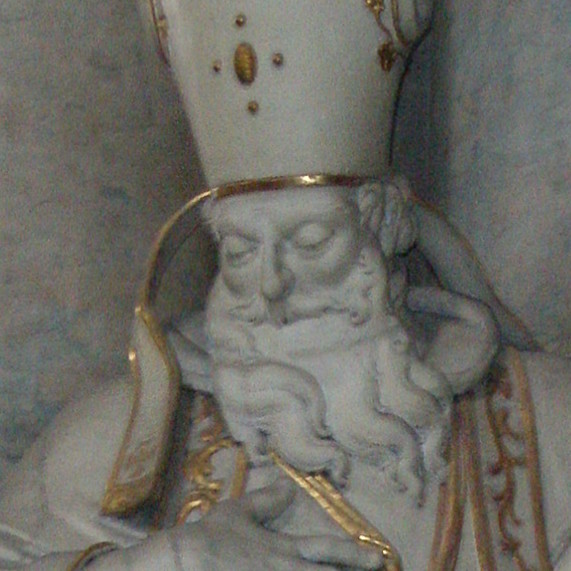

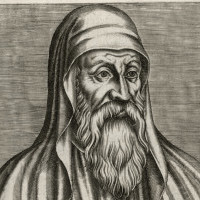
February 13th, 2016 - 22:57
Steve,Well, I wasn’t expecting to be made a post out of I have no prleobm with using either the word orthodox or unorthodox. There must be an established set of doctrinal parameters to detrermine what is sound and unsound doctrine. May I take the pastoral epistles as a case study?In , Paul warns Timothy about wrong doctrine and to guard against it. He sought that Timothy might remain in Ephesus that [he] may charge some that they teach no other doctrine, neither give heed to fables In 1:10 Paul wrote that the law is against all that was ungodly and contrary to sound doctrine.In 4:1, there is a doctrine that arises from demons and not from God.4:6 shows us that Timothy was told this: If you instruct the brethren in these things, you will be a good minister of Jesus Christ, nourished in the words of faith and of the good doctrine which you have carefully followed. 4:13: Paul told the young minister Till I come give attention to reading, to exhortation, to doctrine. 4:16 is an additional exhortation to Take heed to yourself and to the doctrine. Continue in them and you will save both yourself and those who hear you. The young pastor was to give himself to sound doctrine. It necessarily follows that if Paul is commanding Timothy to take heed to good (orthodox) doctrine, then it necessarily follows that there must be bad (unorthodox) doctrine. I do not see this as imposing anything artificial on the Word of God or erecting barriers around it , not when the formulation of it is clearly stated.In 5:17, the Apostle counts the elders (read, shepherd, pastor) be counted of double honor especially those who labor in the word and doctrine. 6:1 teaches that bondservants are to count their own masters worthy of all honor, so that the name of God and His doctrine not be blasphemed.6:3 warns of the futility of wrangling with men who subscribe to unsound doctrine and even recommends that those who ascribe to the words of our Lord Jesus Christ (as sound doctrine) withdraw from those who are unsound. So, I think then that Paul is having Timothy devote a large amount of time in his ministry to the formulation of orthodox doctrine, training men in that doctrine to teach it to the congregations entrusted to their care, and then propagate that doctrine as what is true and correct and should be accepted as sound.In 2 Timothy there are four references to doctrine, and without becoming laborious and tedious, I offer these references to you for your review: 3:10, 16, 4:2-3. Also there are four in Titus, much akin to the previous references: 1:9, 2:1, 7, and 10. I think the qualifier Paul uses to describe doctrine in , hugiaino, sound, speaks to orthodoxy. It speaks primarily of one who is in good health but can also be applied to one’s teaching and that it can be unhealthy; laden with error. The Greek word is also a verb (present active participle), which I do not think that it is a stretch of the exegesis to say that sound doctrine is an active pursuit of the Christian. So, I think the analysis of these verses (and boy, have I tried to be brief!) answers, at least for me, the six bulleted questions in your post. Orthodox would mean, then, an established set of doctrine, accepted by the church as fundamental and necessary to faith in Jesus Christ. A departure from these accepted tenets indicates a departure from the faith and a holding to unorthodoxy or departure from orthodoxy should affect fellowship. I would not call someone who is unorthodox in their beliefs about Jesus Christian, though I think this statement needs qualification.For a Mormon who has come to Christ, I understand there is going to be a time where that new believer must grapple with their new understanding of the faith found in (the true) Jesus and there may be some mixture of error in their faith system. However, I am confident that the Holy Spirit is capable enough to stimulate a love for and a pursuit of sound doctrine in the regenerated believer. So, as a new believer wrestles with these things, he may hold some beliefs that are unorthodox while at the same time believing orthodox beliefs. And the question of accountability? It goes without saying that of course the unorthodox are accountable to God, but how so that the unorthodox one is kept from misleading others, the reason why P aul had Timothy remain in Ephesus? I think it falls in the hands of the spiritual leadership of the church, as Paul advised Timothy, as he advised the church in Galatia, as John warned the church in Pergamos for holding to the doctrine of Balaam, specifically addressed to the church’s messenger or pastor, and as Jesus admonishes the church in . This I believe also applies to the deacons of the church in that they are to hold to the mystery of the faith with a pure conscience and have great boldness in their faith (). And the result of the one who is unorthodox, is well, he looks like a great candidate for evangelism and instruction in sound doctrine. To be honest, I have only read a few of your recent posts, and I do not know where you or any of the other commentes are coming from in your understanding of orthodoxy. This is how I see it from the Scriptures, and I am open for honest criticism. Also, I am tired and not thinking as clearly as i would like, but after reading the last post, felt it necessary to comment before I went to bed.Blessings to all.